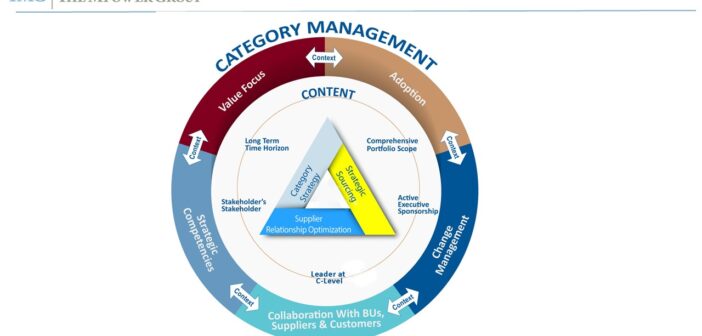I just ran across this headline and because it was in Forbes, it caught my attention: The Top 10 In-Demand Soft Skills To Learn In 2024, Based On Research. Of course, clients, alumni, and readers o this blog will roll their eyes because you’ve heard this ad nauseum by now 😊. However, given the times we are facing now, it might be worth a reminder. Especially given the impact of AI on job degradation.
The author makes some interesting observations starting with the idea that these skills are the new currency of the workplace but more interestingly uses terms I’ve not heard before – power skills and psychosocial skills. You may remember that decades ago we stopped using the term soft and replaced it with Strategic Competencies and contrasted them with tactical competencies.
What is powerful is the following, “Future of Jobs 2023 report, The World Economic Forum highlighted from their extensive research several soft skills as leading the way in high demand…”. There is now extensive and highly reputable research that supports what we have been saying for such a long time. It goes on to point out that the shelf life of tactical skills is getting shorter and shorter and critically employers are beginning to realize that.
Not only does the author point to the impact of AI as driving this but also points out that these skills are fungible across industries (AND functions too by the way). We have often used the example of the first sSourcing organization I built decades ago when I worked for CHASE and ended up hiring people who had never worked in Sourcing before because the job description described mostly Strategic Competencies – of course, I didn’t know that at that time (sometimes you just get lucky 😊). And every single recruit from that original batch went on to become highly sought-after candidates with highly successful careers.
The author points out that these skills lead to higher incomes, faster career growth, better job opportunities and one can argue job protection from AI driver degradation. The research from the World Economic Forum also concludes, “emerging technologies such as generative AI are reshaping workforce demands, and employers are placing greater emphasis on ‘soft’ skills. These skills allow companies to respond to change and are resistant to automation.”
And by the way, the demands from Stakeholders have been more and more focused on value and meeting those demands requires a far greater emphasis on these power skills. Getting better decisions made faster from Stakeholders and Executives requires these Strategic Competencies.
Here is the list from FORBES:
- Strategic Thinking
- Negotiation
- Persuasion
- Presentation Skills
- Critical Thinking
- Mentoring
- Emotional Intelligence (EQ)
- Innovation
- Financial Management
- Resilience
By the way, these are derived from an analysis of 17 million job postings, so this is a data driven list. And while I don’t necessarily agree with the exact words or the ranking, I am totally in agreement with the gist of the message and the list. And every single alumnus and client who has used us for Competency Development will find comfort in the fact that this is exactly what your entire program is built on and you are way ahead of the game 😊. We have been using this approach for a very, very long time and always welcome any supporting research.
Given this discussion, here is a simple question for you – when was the last time you thought about what your organization has to achieve over the next 3-5 years and will you have the required competencies in your organization when you need them? Keep in mind that there is a lead time involved in building organizational competencies and it’s not just by hiring a few new individuals. If you would like a quick (5 minutes) way to do it, look for a link to our Talent Risk Analyzer in your email that was sent earlier this week.

